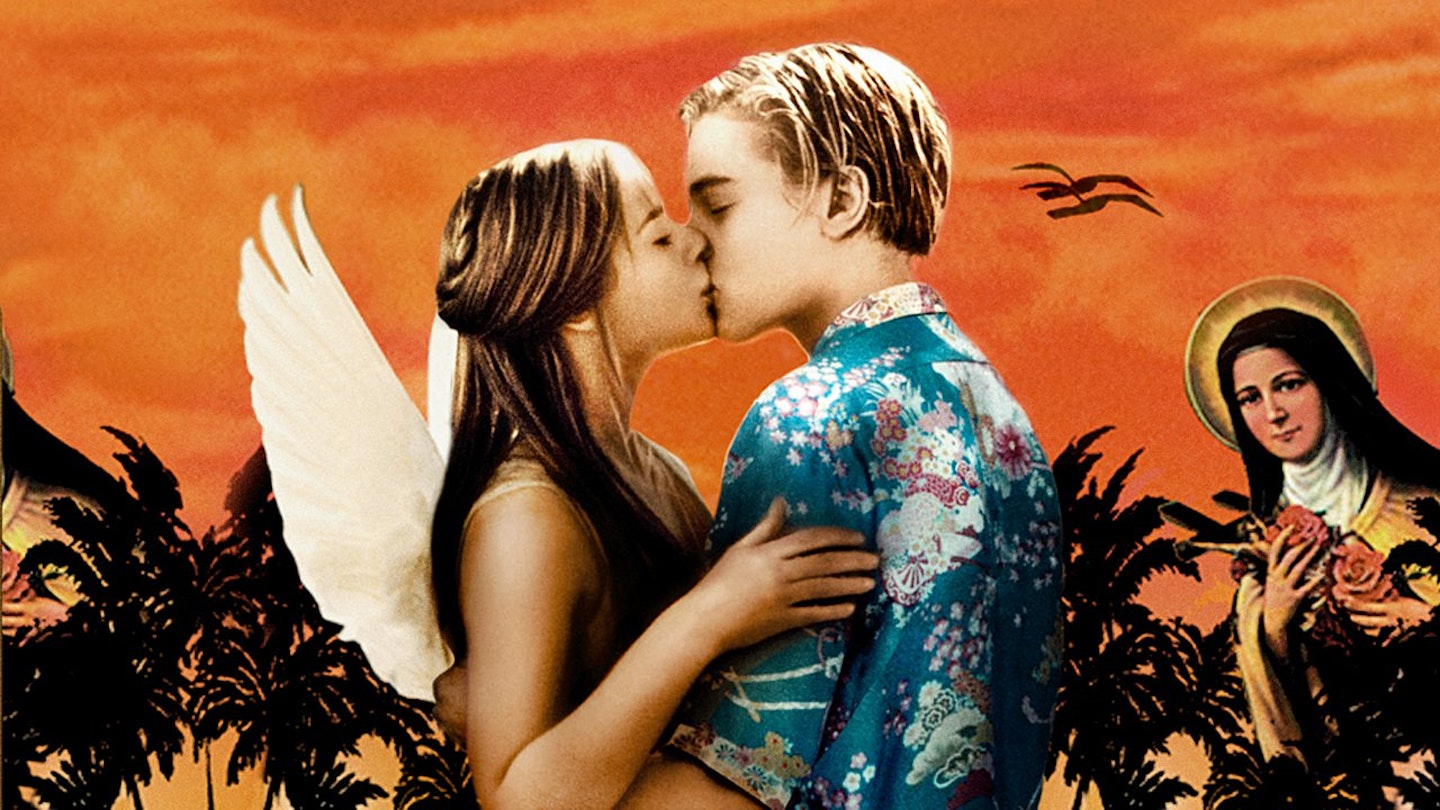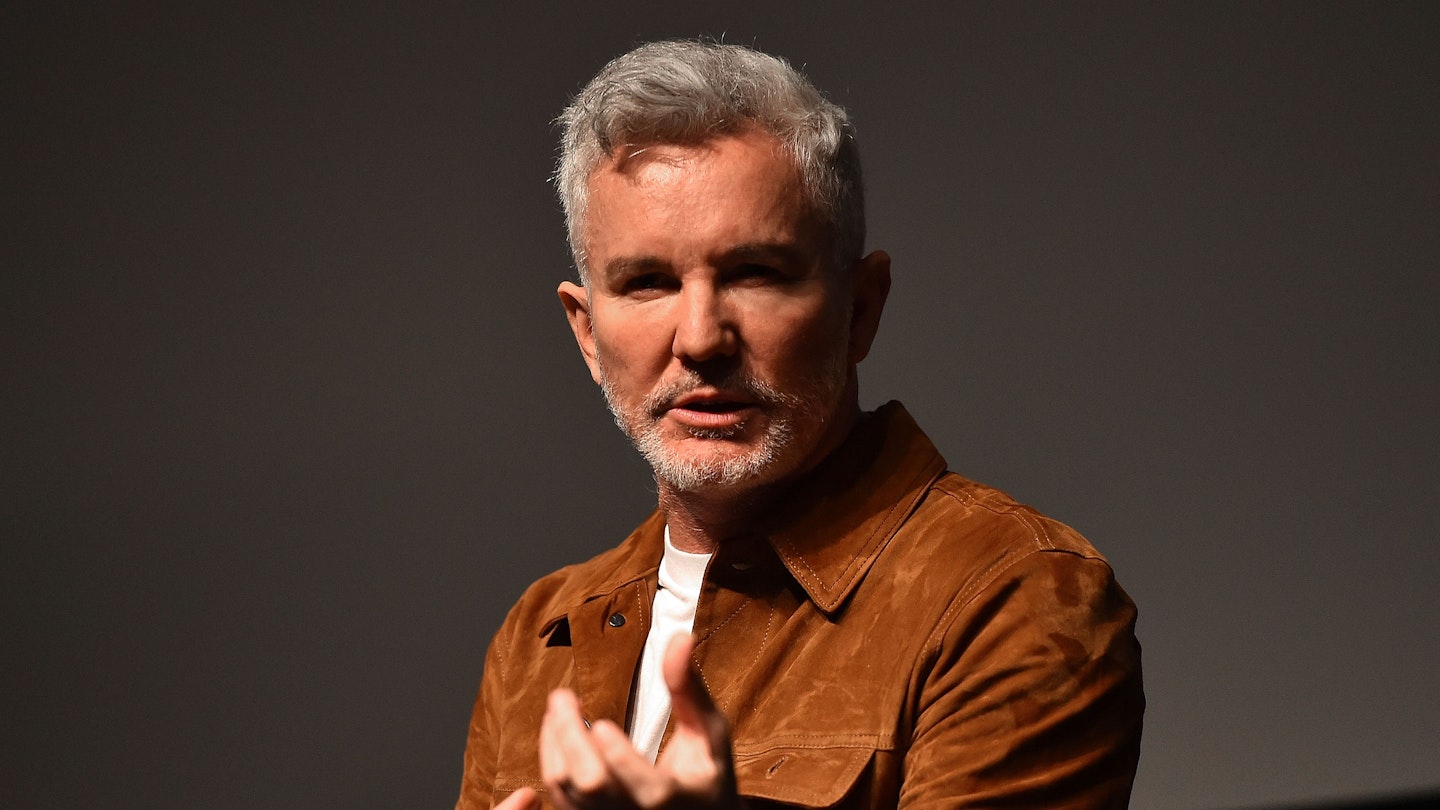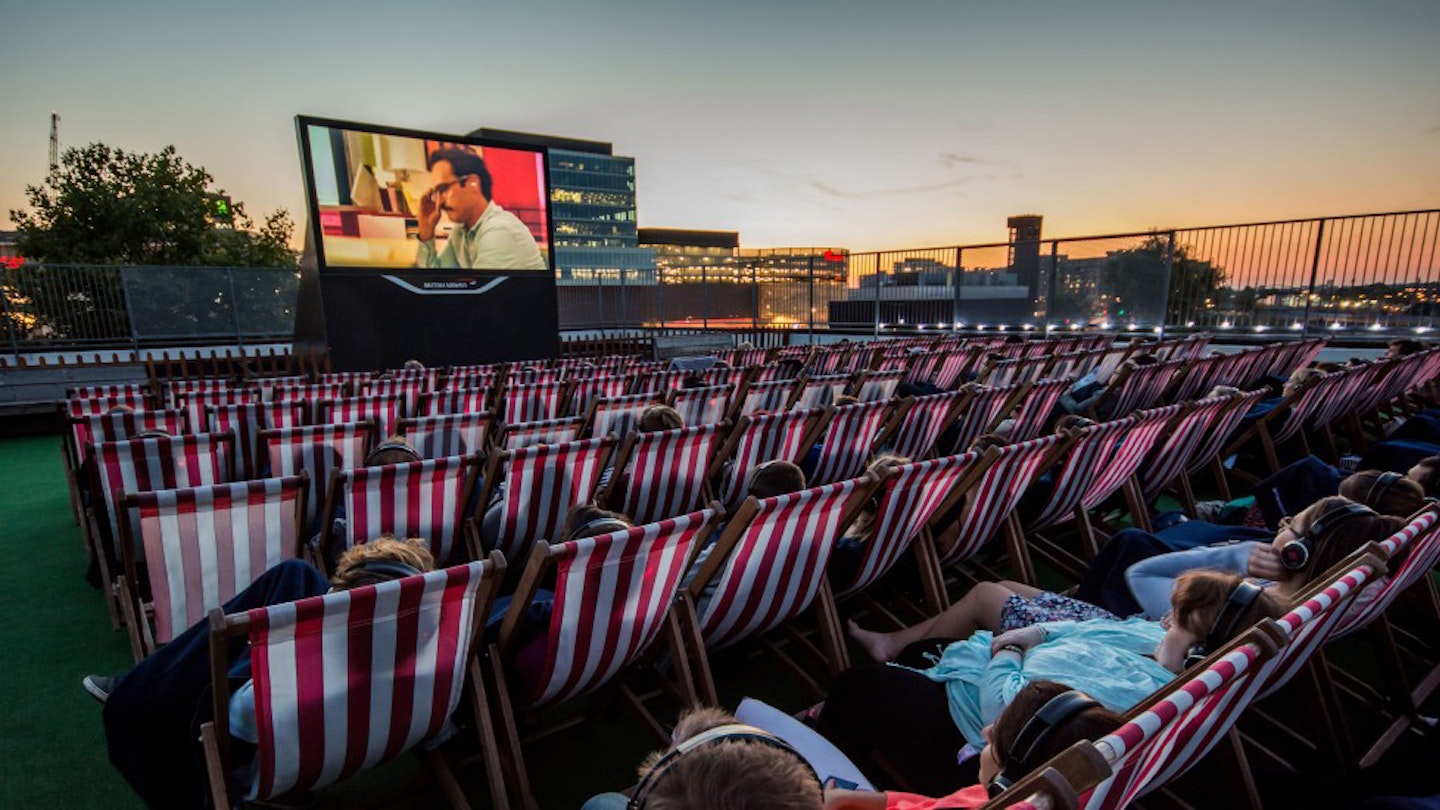A bare screen with a lone TV set in the middle. A brave opening for a movie. But this is a brave movie. The TV crackles into life and Shakespeare's introduction to Romeo And Juliet is recited as a modern day news broadcast. As the MTV-style editing kicks into gear, Baz Luhrmann takes the audience on a unique ride through one of the Bard's best-known texts, illuminating the story, occasionally subjugating the language but always delivering a vision that is bold, brassy, hugely inventive and accessible and, in a strange way, just right.
It was big a leap from an antipodean dance hall with sequins to Shakespeare with guns, but one he appears more than accomplished enough to turn into something special. Just as West Side Story appropriated the source material to make the tale of young, tragic love contemporary in the early 60s, Luhrmann has contextualised the original text in the modern visual idiom. In short, Verona becomes Verona Beach, dude, and while a rapier is still a weapon, it's now the brand name of a particularly popular handgun.
This is a world in which Prince songs have become hymns sung by angelic choirs. To back up this modern reinterpretation, the director relies on two leads who regularly appropriate the epithets Best Actor/Actress Of His/Her Generation, and on the evidence here, these are titles most deserved.
Di Caprio brings his usual instinctive grace and gut-wrenching emotion to Romeo, a teenager beset by a first love doomed by a war between families, the Montagues and the Capulets, here recast as battling corporate bodies.
Meanwhile, anyone who saw Danes on TV's short-lived show My So-Called Life knew that here was a special talent. Her Juliet is young, yearning and genuinely moving, as close to a star-making performance as it is possible to get.


